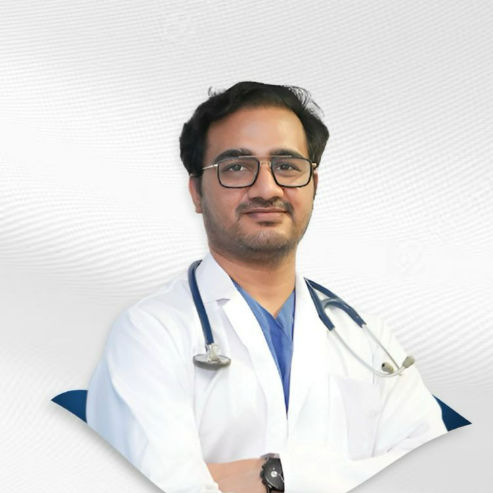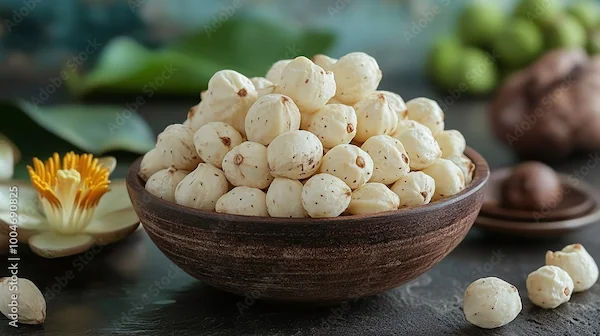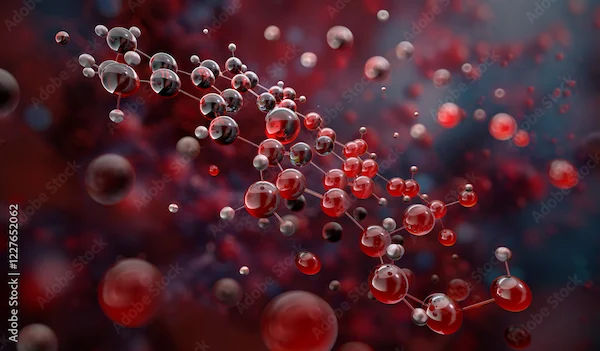Lipid Disorders and Treatment Options
Explore lipid disorders and their treatment options, including symptoms, causes, diagnosis methods, and effective strategies to manage cholesterol and triglyceride levels for better heart health.

Written by Dr. J T Hema Pratima
Reviewed by Dr. D Bhanu Prakash MBBS, AFIH, Advanced certificate in critical care medicine, Fellowship in critical care medicine
Last updated on 25th Aug, 2025

Introduction
Lipid disorders, commonly known as high cholesterol or dyslipidemia, affect millions of people worldwide. If left untreated, they can lead to serious health problems like heart disease and stroke. The good news is that with the right knowledge and lifestyle changes, lipid disorders can be managed effectively.
This article will help you understand what lipid disorders are, their symptoms, causes, and treatment options, so you can take control of your health.
What Are Lipid Disorders?
Lipids are fats found in the blood, including cholesterol and triglycerides. While our body needs these fats for energy and cell function, too much of them can be harmful.
A lipid disorder occurs when there is an imbalance in these fats, such as:
- High LDL ("bad" cholesterol) – Can clog arteries.
- Low HDL ("good" cholesterol) – Helps remove bad cholesterol but may be too low.
- High triglycerides – Another type of fat that increases heart disease risk.
When these levels are out of balance, fatty deposits build up in blood vessels, making it harder for blood to flow. Over time, this can lead to heart attacks or strokes.
Consult a Top Heart Specialist for the best advice
Symptoms of Lipid Disorders
Most people with high cholesterol or triglycerides don’t experience obvious symptoms until serious complications arise. However, some signs may include:
- Yellowish fatty deposits (xanthomas) around the eyes, elbows, or knees.
- Chest pain or tightness (if arteries are blocked).
- Frequent fatigue due to poor blood circulation.
Since symptoms are often silent, regular blood tests are the best way to detect lipid disorders early.
What Causes Lipid Disorders?
Several factors contribute to unhealthy lipid levels:
1. Unhealthy Diet
- Eating too much saturated fat (found in fried foods, red meat, butter) and trans fats (processed snacks, baked goods) raises bad cholesterol.
2. Lack of Exercise
- Physical inactivity lowers HDL (good cholesterol) and increases LDL (bad cholesterol).
3. Genetics (Family History)
- Some people inherit conditions like familial hypercholesterolemia, causing very high cholesterol from a young age.
4. Obesity & Diabetes
- Excess weight and insulin resistance worsen cholesterol levels.
5. Smoking & Alcohol
- Smoking lowers HDL, while excessive alcohol raises triglycerides.
How Are Lipid Disorders Diagnosed?
A simple lipid profile blood test measures:
- Total cholesterol (should be below 200 mg/dL)
- LDL ("bad" cholesterol) (below 100 mg/dL is ideal)
- HDL ("good" cholesterol) (above 60 mg/dL is best)
- Triglycerides (below 150 mg/dL is healthy)
Your doctor may recommend this test every 4-6 years if you're healthy, or more often if you have risk factors.
Get Your Health Assessed
Treatment Options for Lipid Disorders
The goal is to lower LDL and triglycerides while raising HDL. Treatment depends on severity and may include:
1. Lifestyle Changes
- Heart-healthy diet: Eat more fruits, vegetables, whole grains, fish, and nuts. Avoid fried and processed foods.
- Regular exercise: Aim for 30 minutes of walking, swimming, or cycling most days.
- Weight management: Losing even 5-10% of body weight improves cholesterol.
- Quit smoking & limit alcohol: Helps boost HDL and reduce heart risks.
2. Medications (If Needed)
If lifestyle changes aren’t enough, doctors may prescribe:
- Statins (e.g., Atorvastatin, Rosuvastatin) – Lower LDL.
- Fibrates (e.g., Fenofibrate) – Reduce triglycerides.
- Omega-3 supplements – Help lower triglycerides.
Always take medications as prescribed and discuss side effects with your doctor.
3. Natural Remedies (Supportive Care)
- Oats, beans, and fiber-rich foods help reduce cholesterol absorption.
- Garlic, flaxseeds, and green tea may have mild cholesterol-lowering effects.
When to See a Doctor?
Consult a healthcare provider if:
- Your lipid test shows abnormal levels.
- You have a family history of heart disease.
- You experience chest pain or extreme fatigue.
Early detection and treatment can prevent serious complications.
Final Thoughts
High cholesterol doesn’t have to control your life. With the right diet, exercise, and medical support, you can keep your heart strong and reduce health risks. Stay informed, stay proactive, and take the first step toward better health now!
Consult a Top Heart Specialist for the best advice
Consult a Top Heart Specialist for the best advice

Dr. Tripti Deb
Cardiologist
40 Years • MBBS, MD, DM, FACC, FESC
Hyderabad
Apollo Hospitals Jubilee Hills, Hyderabad

Dr. Dayanashre N
General Physician
3 Years • MBBS
Bengaluru
PRESTIGE SHANTHINIKETAN - SOCIETY CLINIC, Bengaluru

Dr. Bhethala Sharan Prakash
General Physician/ Internal Medicine Specialist
5 Years • MBBS MD
Bengaluru
PRESTIGE SHANTHINIKETAN - SOCIETY CLINIC, Bengaluru

Dr. Vithal D Bagi
Cardiologist
15 Years • MBBS, MD,DM (Cardiology),DNB (Crdiology ),FSCAC,Senior Consultant & Interventional Cardiologist
Bengaluru
Apollo Hospitals Jayanagar, Bengaluru

Dr. Janjirala Seshivardhan
Cardiologist
7 Years • MBBS,DNB(GM),DM(Cardiology)
Manikonda Jagir
Apollo Clinic, Manikonda, Manikonda Jagir
Consult a Top Heart Specialist for the best advice

Dr. Tripti Deb
Cardiologist
40 Years • MBBS, MD, DM, FACC, FESC
Hyderabad
Apollo Hospitals Jubilee Hills, Hyderabad

Dr. Dayanashre N
General Physician
3 Years • MBBS
Bengaluru
PRESTIGE SHANTHINIKETAN - SOCIETY CLINIC, Bengaluru

Dr. Bhethala Sharan Prakash
General Physician/ Internal Medicine Specialist
5 Years • MBBS MD
Bengaluru
PRESTIGE SHANTHINIKETAN - SOCIETY CLINIC, Bengaluru

Dr. Vithal D Bagi
Cardiologist
15 Years • MBBS, MD,DM (Cardiology),DNB (Crdiology ),FSCAC,Senior Consultant & Interventional Cardiologist
Bengaluru
Apollo Hospitals Jayanagar, Bengaluru

Dr. Janjirala Seshivardhan
Cardiologist
7 Years • MBBS,DNB(GM),DM(Cardiology)
Manikonda Jagir
Apollo Clinic, Manikonda, Manikonda Jagir





